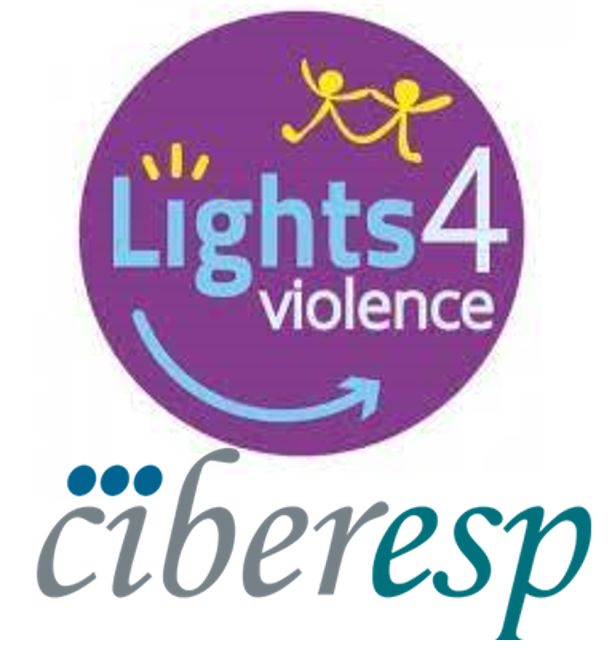UA TEAM
Last week the UA team filmed videocapsules with the students! For the filming, the students had to develop arguments and write the script. Arguments contained three elements. 1 – a couple conflict, 2- a family, community or school asset and a personal competency that helps to resolve the conflict. All of the storylines were amazing! Here’s an example.
IDEA
One member of a couple wants to spend more time together, but the other doesn’t.
ARGUMENT
A girl waits at home for her girlfriend. She has prepared a nice table in preparation for the special dinner. Her girlriend arrives and says that she can’t stay, she has another engagement that she forgot to mention. Then she leaves.
The girl feels let down! She calls her friends, and they come over immediately! Her friends help her see that her girlfriend always does this type of thing. Her girlfriend doesn’t isn’t respectful of her feelings, and when someone loves you they don’t do this. At first, the girl finds excuses for her girlfriend, but she ends up seeing the truth, that her partner tends to avoid her. This isn’t the type of relationship she wants to have. Her friends help her see that she deserves something better and that she needs to find more worth in herself from now on!
Everyone eats together. Later, her girlfriend shows up and is surprised to find her partner happily laughing with friends.
The girl tells her girlfriend that it doesn’t work like that. She can’t just come and go when she wants, this time, she will decide. She says that she doesn’t want to be with someone who doesn’t value her. And she asks her to leave the house.
In this case, the conflict can be identified: a girl feels bad because she feels ignored by her girlfriend, who doesn’t take her feelings into account. We can also identify the assets that come into play in solving the situation: these are the friends who help the girl see that her relationship isn’t healthy. The personal competency: empowerment, assertiveness, self-esteem.
Carrying out an intervention is always challenging, but carrying out an intervention in which the final product is a short film is even more of a challenge. One thing we have learned is that we have to adapt to the students every day. In our case, no two days have ever been the same.
While it’s necessary to adapt the first sessions in a more "theoretical" sense, so that the content is really learned and can make an impact, it is also necessary to adapt the film sessions.
In our case, elaborating the argument with the students, has never resulted in a completely definitive script. When the script is made, new ideas can arise and it is important to allow the creativity to flow. It means that, in the end, things have been learned.
Planning the recording requires taking two things into account:
1. The number of subgroups in each class.
2. The group that can be most efficient for recording.
When you have less time to record, you should record with the group with fewer subgroups so that more can be carried out or internalized. This can also help avoid problems. On the other hand, while filming we should remember that unforeseen events can always take place, and we need to adapt to them. Some characters may not attend, some may not have learned the script well, may not have brought all that is needed to record the scene…but we don’t give up!
That’s why the team needs to give each other a hand. Also, it is important to carry out a test before recording the capsules, in order to “warm up”. This helps people focus on what they are going to do.
Just because an argument has been developed with certain assets or characters doesn’t mean that it can’t change... It is necessary to adapt. For example, if you were going to play a boy and girl couple, and one of the pair is missing, you can either look for someone from another group/course who wants to leave or change to boy-boy or girl-girl partner.
Regarding costumes, the team should use the center’s resources that can be used to record the scenes, in this way the burden does not fall on the students and the videocapsule can go forward.
Also, the team should keep a copy of both the plot and the script for the shooting because there may be misconceptions on the part the students, and this saves time.
The time of filming is crucial. All of this will help us to stay on track!
Above all, the recipe that we need to follow to do good work is:
- Half a kilo of energy
- 400 grams of inspiration
- 350 grams of confidence

Add new comment